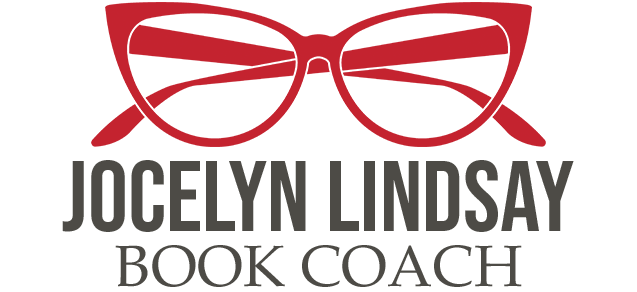turns out selling your sweet contemporary romance at a sci-fi convention isn't a great idea
Several years ago my husband and I rented a condo in Maui for vacation.
It was wonderful to get away. We were pretty excited to spend a week snorkeling, reading on the beach, taking long naps in the afternoon, and otherwise not thinking about a whole lot other than where our next delicious meal was coming from.
Because of that, one afternoon we got suckered into a free luau in exchange for a condo sales spiel.
We’d never sat through one before so we decided “Why not? Let’s see what these things are all about.”
An hour into the spiel, the guy was working really hard to be our best friend so we’d like him and spend tens of thousands of dollars on a condo.
But, none of the reasons he was telling us we needed to buy a condo applied to us. He didn’t know his audience.
He’d been working so hard trying to be everything to us and make us feel good, that he hadn’t taken the time to figure out who we were, what we needed, why we were sitting across the desk from him, and most importantly how he could help us.
I felt a little sorry for him when we walked away.
Not unlike a lot of authors who when asked, “Who is your audience?”, answer “women,” or “kids,” or please no, “EVERYONE!”
If you think your book has something that everyone is going to like, no one’s going to like it.
(Pro tip: Don’t ever say “everyone” when asked who your audience is. It’s a red flag that you haven’t done your research.)
Chances are, you don’t wake up one morning struck by a bolt of inspirational lightning and declare, “I’m going to write an inspirational novel for 20-something women getting out of college and starting their lives and who want to be famous!”
More than likely you wake up thinking about a few characters, in a place, doing things, and you want to find out what happens next to them.
You need to think about who you’re writing for because you need to think about who is going to buy your book.
Knowing your audience will help you:
Write: Knowing who you’re writing for will make it much easier to meet and exceed your readers’ expectations during the writing process.
Edit: Knowing what your readers want is just as important when it comes to editing out what they don’t want.
Pitch: If you’re traditionally publishing, agents want to know that you know who your audience is. This helps with writing and editing (above) and marketing after publication. It also shows them you’re a professional who cares about your book’s success because you care who is going to buy it.
Market: Whether traditional or self publishing, you’re going to be selling your book. Knowing who your readers are will help you find them. It’s probably not a great idea to sell your sweet contemporary romance at a sci-fi convention.
Three ways to determine who your audience is:
Genre. Genre not only determines what goes into a novel, but who picks it up. If you’re writing a historical romance, you’re going to have a different audience than someone who is writing an epic hard-science space opera.
There are always exceptions to this. For example, YA is not only read by teenagers. Twilight, a book written and marketed to young women of high school age, has a much larger audience than 15-year-old girls. Turns out sparkle vampires are very popular.
Book reviews. What books is your audience reading? Once you know your book’s genre, you can get online and start looking up other books in the same genre. Then you can start reading reviews and getting a sense of who is writing them.
Real people. This often comes as a surprise. We spend so much time imagining the perfect people reading our books, that we don’t often actually know those people outside our heads.
Do you know a 20-something woman who just graduated from college, is getting ready to step out into the world on her own for the first time, and dreams of being famous? What’s the last book she read? What’s her favorite TV show? If you told her about your book, would she want to read it? Would she be willing to spend money on it? Do you know five people like her?
If you’re just making your audience up (or basing it on you when you were 20 years old (which in my case is at least a couple decades ago and dangerously irrelevant)), then you don’t really know who they are or what’s important to them. Your 20-something reader might not be interested in becoming famous by marrying someone famous, she may want to become famous herself.
When should you start thinking about who is going to be reading your book?
You are writing to be read.
That means getting your book out into the world and into the hands of your readers. Start thinking about them now.
Hello!
My name is Jocelyn.
Story warrior, book lover, day dreamer, gardener, and creative. I help serious writers roll up their sleeves, get their novel ready for publishing, and reach readers. When I’m not elbow-deep in the story trenches, I’m outside world-building in my garden and battling weeds with my three criminal mastermind cats.
GET IT NOW
Don’t write another chapter until you grab the 10 Step Chapter Checklist.
Transform your chapters from blah to badass.


